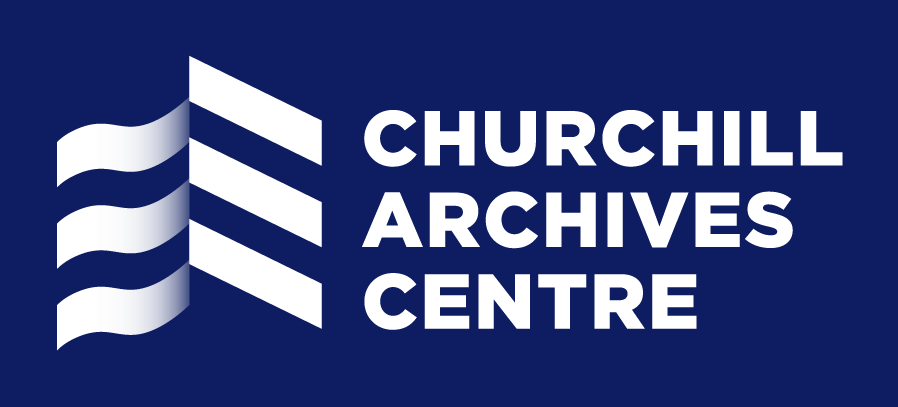Education Policy
Purpose and Scope
To establish a consistent set of principles to underpin the provision of services to university, school and other educational groups, and to establish the requirements and standards for such services.
This document should be read in conjunction with the Access Policy and Service Delivery Charter.
Context
The Churchill Archives Centre exists both to preserve the personal papers of prominent individuals in modern British political, public or scientific life, and to make those papers available in support of education, scholarship and research.
The Centre is part of Churchill College, Cambridge, which is one of the constituent colleges of the University of Cambridge, and is therefore committed to supporting College and University teaching and research.
The Sir Winston Churchill Archive Trust, which holds the Churchill Papers for the British Nation, has entered into an agreement with Bloomsbury Publishing for the commercial digitisation of the Churchill Papers collection, for which the primary market is considered to be other universities and research institutes. Bloomsbury has also received funding to produce a free Churchill Archive For Schools website. The Centre has a particular commitment to supporting the ongoing development of these specific educational resources.
The Centre does not have a dedicated Education Officer. This means that educational outreach and schools access has to be undertaken by archive staff on top of core conservation and cataloguing activities, and is constrained by other projects and the need to maintain a public service (as specified in the Access Policy and Service Delivery Charter).
Definitions
For the purposes of this policy, the Archives Centre defines its normal range of educational activities as follows:
- Organising and hosting individual or group visits by teachers, education professionals, students or pupils, or educational charities, to Churchill College site for the purposes of facilitating educational or research use of the collections, or of supporting teaching;
- Making presentations to university or school groups, or educational charities, for the purposes of introducing the Archives Centre and its collections and supporting teaching and learning using primary sources based on the Centre’s holdings;
- Supplying advice, text, and copies to support teaching and learning through the creation of hard copy or on-line educational resources, and helping to clear copyrights to facilitate the use of Archives Centre material for such purposes.
Principles
The Archives Centre is not normally able to accommodate more than two educational visits or major activities per month. The responsibility for approving or rejecting a visit or activity lies with the Director.
The Archives Centre will not charge a fee for normal educational activities, as defined by this policy. This does not preclude the Centre from seeking sponsorship or accepting donations for such activities, or from seeking reimbursement of costs incurred in supplying copies or providing services, or of travel expenses when Archives Centre staff members travel off site. The Archives Centre will not prioritise educational visits on the basis of the availability of funding.
Given its limited resources, the Archives Centre will prioritise requests for visits by educational groups over requests for visits by other groups.
The Archives Centre will give priority for on site visits to those educational groups that will benefit most directly from contact with the original materials. This is likely to mean:
- Those involved in the study of modern history, politics, history of science, archives and information management, or other subjects strongly represented in the collections;
- Those working with original archival documents as part of their educational activities;
- Those studying or wishing to study at Churchill College or at the University of Cambridge;
- Those individuals or groups who, on grounds of advancing inclusivity and diversity, would benefit from an introduction to the Archives Centre or to the study of primary sources as a way of fostering confidence and inspiring learning.
When the Archives Centre is unable to offer a site visit to the Archives Centre, it will consider whether it is appropriate to offer any of the following:
- A off site presentation by a member of the Archives Centre team. This is likely to be limited to schools and educational institutions and groups within an easy travelling distance, and may be dependent on travel expenses being met;
- Advice on existing on-line educational resources, such as Churchill Archive for Schools;
- The supply of a small number of (complementary or at cost) copies of appropriate documents to support teaching and learning;
- Advice on other possible educational contacts.
Reviewed by: Andrew Riley
Date: September 2023
Date of next review: October 2024 Hannah James, October 2021

